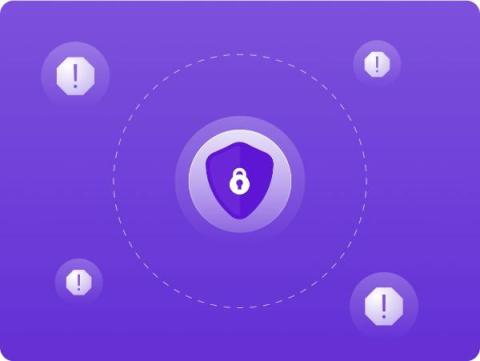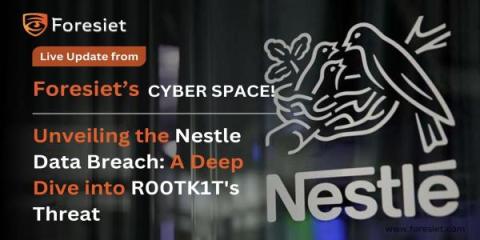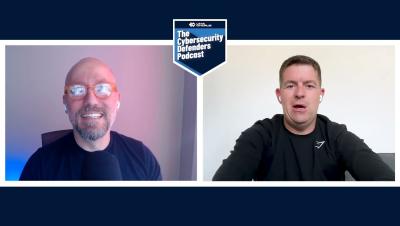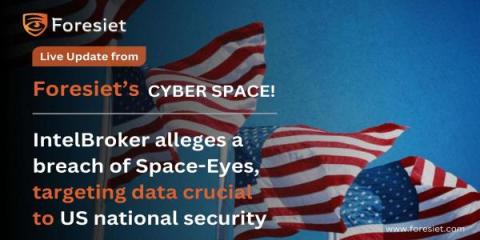Phishing: A Primer on How to Protect Your Organization
In April of 2024, the FBI released a warning that threat actors are sending SMS phishing, also known as smishing, messages to individuals pretending to be toll road operators messaging about unpaid toll fees. This kind of attack is a common one, and targets more than just individuals –— think the MGM resorts breach of 2023 that started with a phishing call to an IT professional and ended up costing the casino millions.








